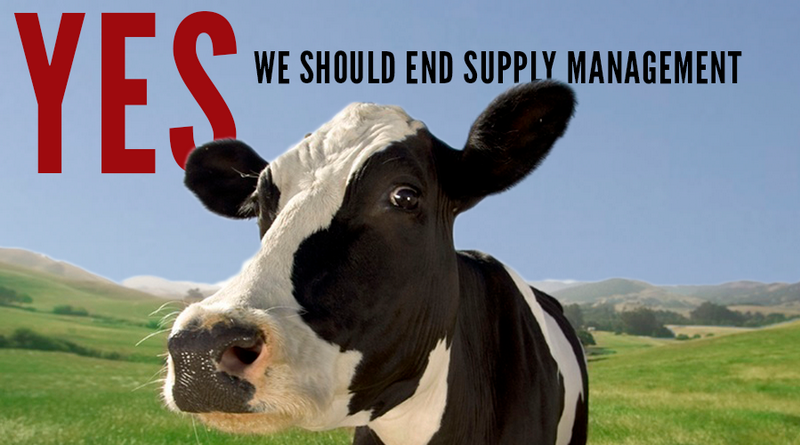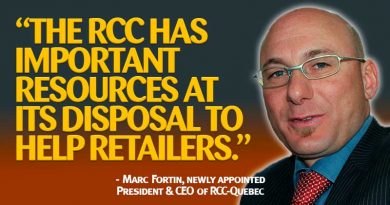Ending Supply Management Would Help Consumers AND Retailers
According to a study published yesterday by the Montreal Economic Institute (MEI), abolishing supply management would lead to significant price decreases for milk, eggs and poultry, benefiting both consumers and convenience stores .
As shown in the table below, milk prices could fall to almost 60% in the wake of such a measure:
According to Michel Gadbois, President of the Quebec Convenience Stores Association (QCSA), such a measure would greatly benefit Quebec’s 7,000 convenience stores: “The freer the market, the better for consumers and retailers alike,” he emphasized. “The application of controls, minimum prices, rules, price categories and other intricacies aimed at regulating open commerce represent a significant burden of time, complexity and money. Eliminating red tape is the way of the future to stimulate the economy without burdening the debt. “
The study published yesterday by the Montreal Economic Institute (MEI) entitled Ending Supply Management With A Quota Buyback proposes an original and winning way to abolish supply management without penalizing farmers by granting them $ 13 billion over 10 years levied on a special tax. The savings gained on the retail price of milk, eggs and poultry will be such that they would more than offset the cost of the new tax proposed.
Since the 1970s, farms in the dairy, poultry, and egg sectors have been subject to supply management, a system which combines production quotas, price controls, and import barriers to increase the prices of goods produced by these farms. The negative effects of this system for consumers have been studied in depth, and there is now a broad consensus regarding their existence and amplitude. The question of compensating farmers in order to abolish this regime remains an open one. Liberalizing sectors under supply management would mean eliminating price controls, tariffs on imported goods (nearly 300% on certain products), and production quotas, and would lead to gains of billions of dollars for consumers. But there would be a cost to liberalization, since farmers own their production quotas. The market value of these assets, as determined by the marketing boards of each province, totalled $34.4 billion in 2015 (an average of $2.8 million per farm). The issue for policy-makers is thus to determine the level of compensation required to end this policy in a way that is fair to farmers, taxpayers, and consumers alike.







